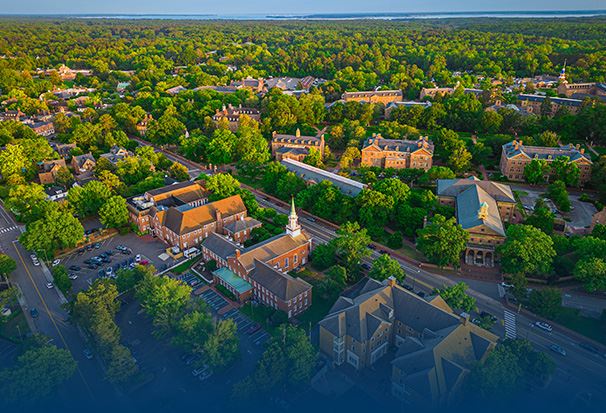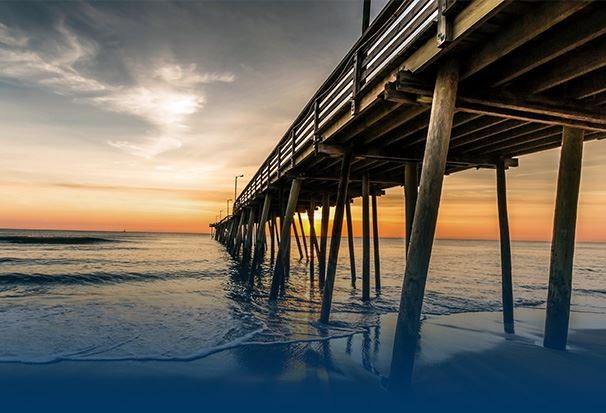How Do I Name A Guardian For My Children In Case I Die?
The hardest part of estate planning is contemplating your own demise, and that task grows even more difficult if you have children. It is painful to even think about what their life would be like without you. But if you don’t go through this thought exercise, you risk putting your children in a living situation you would never agree to should the worst come to pass.
In this blog post we’ll go over a few different guardianship scenarios and best practices, but we would advise anyone seeking advice on this important topic to make an appointment with an attorney because each family situation is different, and your unique scenario will not be fully covered here.
Wills are where your wishes about guardianship should be formally recorded so that a court will recognize them. Some people think that naming someone a God-parent has legal authority, but that is not true. Courts can look to other evidence if no mentions of guardianships are made in a parent’s will, or if no will exists, but nothing else holds the legal weight that a will does.
A will should nominate a physical guardian and an alternate in case that person is not able to step up if they are called on. Think carefully about this choice, as courts will follow your wishes if at all possible. And be sure to have a heart-to-heart conversation with your chosen guardians so they are not taken by surprise if you should suddenly pass away. In all likelihood they will be grieving your passing, so you should not double their shock by also hitting them with the information that you named them guardian of your children.
You may also want to create a trust that will manage any money you leave behind for the benefit of your children. Sometimes guardians are named as trustees of these trusts, but often as not, a different person serves as trustee so that the interests of the children are protected. You will need to have a similar conversation with your selected trustee about how you would want your child to be raised if you passed away.
There is one big caveat to the guardian-naming process, and that is if your child’s other biological parent is still alive, the court will probably name them as your child’s guardian. If you don’t have a problem with this, great! If you do, you will need to create a will that recommends custody be awarded to a different person, and provide a good reason for your recommendation. Courts prefer for biological parents to have custody, so even making your preferences known may not be enough to persuade a court that they should appoint someone else. Yes, this stinks, but it is the way the law works right now.
If you don’t create a will, the courts will do whatever they think is in the best interest of the child. But the court system doesn’t know your child, or your extended family. They may give custody to a relative you would never dream of leaving your child with, or make your child a ward of the state and place them in foster care.
If you want some say in what happens to your children should to worst happen, it is time to make a will and name a guardian.




